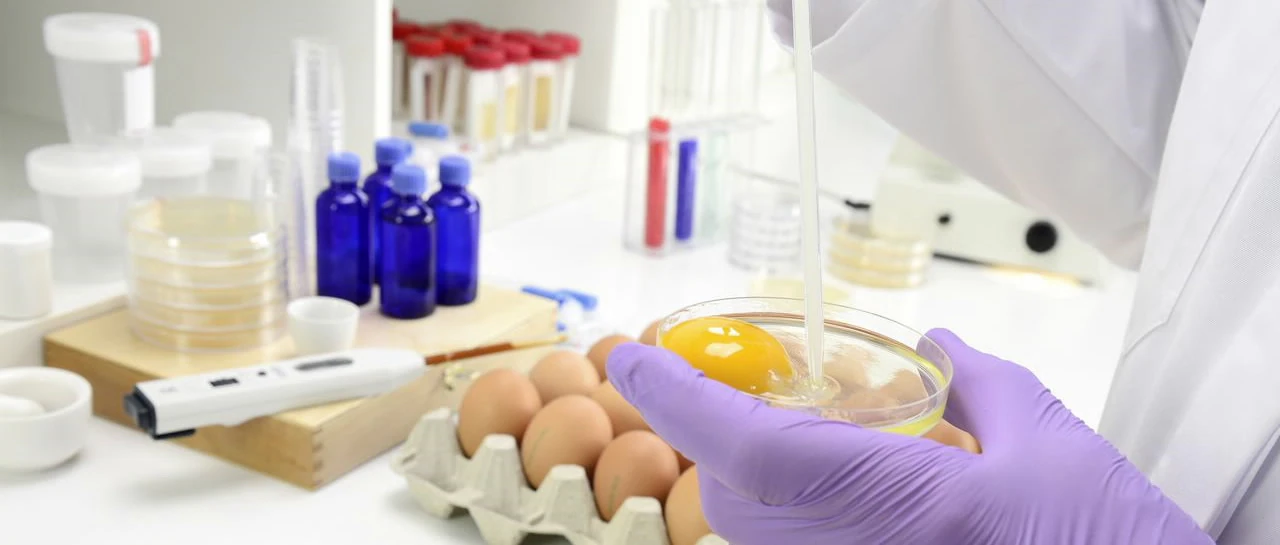Codex CAC/GL 75 Food Colorant Profiling in International Trade
The Codex Alimentarius Commission (CAC) guideline GL 75: Determination of Synthetic and Natural Colours in Foods is a crucial standard for ensuring the safety, quality, and uniformity of food colorants used in international trade. This service ensures that food manufacturers comply with global regulations by accurately profiling colors added to their products.
The Codex CAC/GL 75 framework requires detailed analysis to identify and quantify synthetic and natural colorants present in food products. Compliance is essential for maintaining market access and ensuring consumer safety. In this testing, we follow internationally recognized standards such as ISO and IEC guidelines to ensure accurate results.
Our proficiency lies in offering comprehensive support through all stages of the process—from sample preparation to final reporting. This ensures that our clients can confidently meet regulatory requirements and maintain their market position. Understanding these nuances is critical for quality managers, compliance officers, R&D engineers, and procurement teams involved in food production and trade.
Our expertise includes the use of advanced analytical instruments such as high-performance liquid chromatography (HPLC), mass spectrometry (MS), and spectroscopy techniques to detect even trace amounts of colorants. This precision is vital for ensuring that all ingredients comply with international standards, thereby safeguarding brand reputation and consumer trust.
In this service, we focus on several key aspects:
- Identification of synthetic and natural colorants
- Determination of acceptable levels in food products
- Compliance with Codex CAC/GL 75 guidelines
- Ensuring no adverse health effects are caused by the use of these additives
Our approach involves a multi-step process:
- Sample collection and preparation
- Analytical testing using state-of-the-art instruments
- Data analysis and interpretation
- Compliance check against Codex standards
- Reporting of findings with recommendations for compliance
This service is particularly important given the increasing global demand for food products. By adhering to international standards, companies can ensure that their products are safe and suitable for export across various markets.
| Parameter | Description |
|---|---|
| Analytical Techniques | Involves HPLC, MS, and spectroscopy to detect colorants. |
| Sample Preparation | Includes extraction, purification, and dilution steps. |
| Data Analysis | Uses statistical methods to ensure accurate quantification. |
| Reporting | Presents results alongside recommendations for compliance. |
The Codex CAC/GL 75 service is designed to help food manufacturers navigate the complexities of international trade. By adhering to these guidelines, companies can ensure that their products are safe and meet all regulatory requirements, thereby protecting both brand reputation and consumer health.
Scope and Methodology
The scope of this service includes the identification, quantification, and compliance checking of synthetic and natural colorants in food products. Our methodology involves several key steps:
- Sampling: Collection of representative samples from production batches.
- Preparation: Extraction, purification, and dilution of samples for analysis.
- Analysis: Use of HPLC, MS, and spectroscopy to detect colorants.
- Data Interpretation: Statistical analysis to ensure accurate quantification.
- Reporting: Presentation of findings alongside recommendations for compliance.
The following table summarizes the key parameters involved in this service:
| Parameter | Description |
|---|---|
| Analytical Techniques | Involves HPLC, MS, and spectroscopy to detect colorants. |
| Sample Preparation | Includes extraction, purification, and dilution steps. |
| Data Analysis | Uses statistical methods to ensure accurate quantification. |
| Reporting | Presents results alongside recommendations for compliance. |
The Codex CAC/GL 75 service is designed to help food manufacturers navigate the complexities of international trade. By adhering to these guidelines, companies can ensure that their products are safe and meet all regulatory requirements, thereby protecting both brand reputation and consumer health.
Quality and Reliability Assurance
The quality of our testing is underpinned by stringent internal controls and adherence to international standards. Our laboratories are equipped with the latest technology, ensuring that all tests are conducted accurately and reliably.
- Precision: Using high-precision instruments guarantees accurate measurements.
- Reproducibility: Consistent results across multiple samples ensure reliability.
- Auditing: Regular audits by independent bodies confirm compliance with international standards.
- Certification: Our labs are ISO 17025 accredited, ensuring the highest quality assurance.
We also offer training programs for clients to help them understand the nuances of Codex CAC/GL 75 guidelines. This ensures that our clients have the knowledge and tools they need to comply with international standards effectively.
Environmental and Sustainability Contributions
The process of colorant profiling involves careful handling of samples and waste, minimizing environmental impact. We follow sustainable practices such as:
- Recycling of solvents and reagents.
- Minimization of waste through efficient sample preparation methods.
- Use of energy-efficient equipment in our laboratories.
We are committed to reducing the carbon footprint associated with our operations. Our efforts contribute positively to environmental sustainability, aligning with broader corporate responsibility goals.





